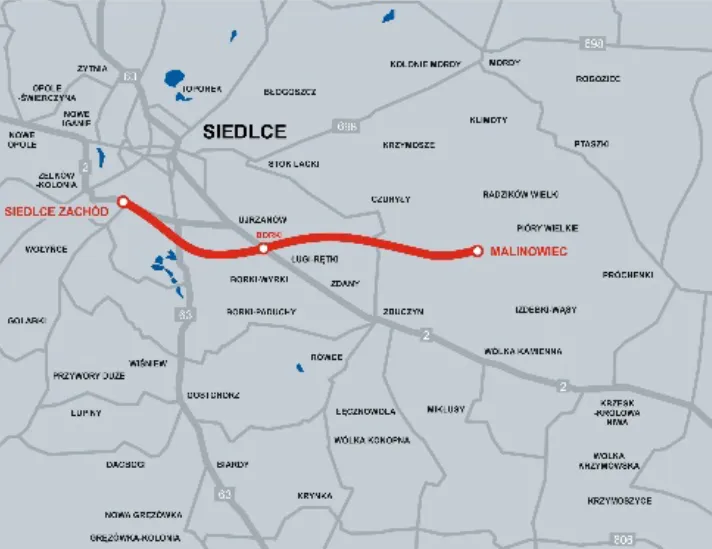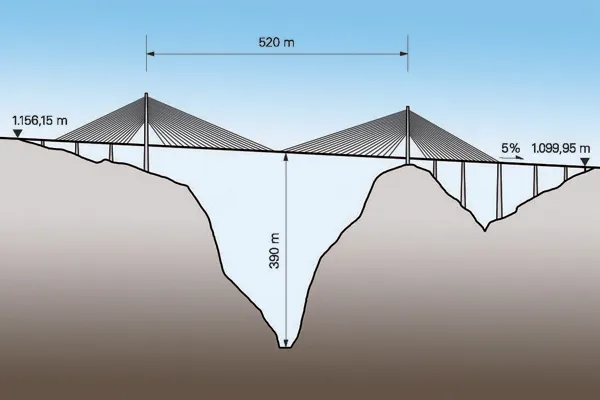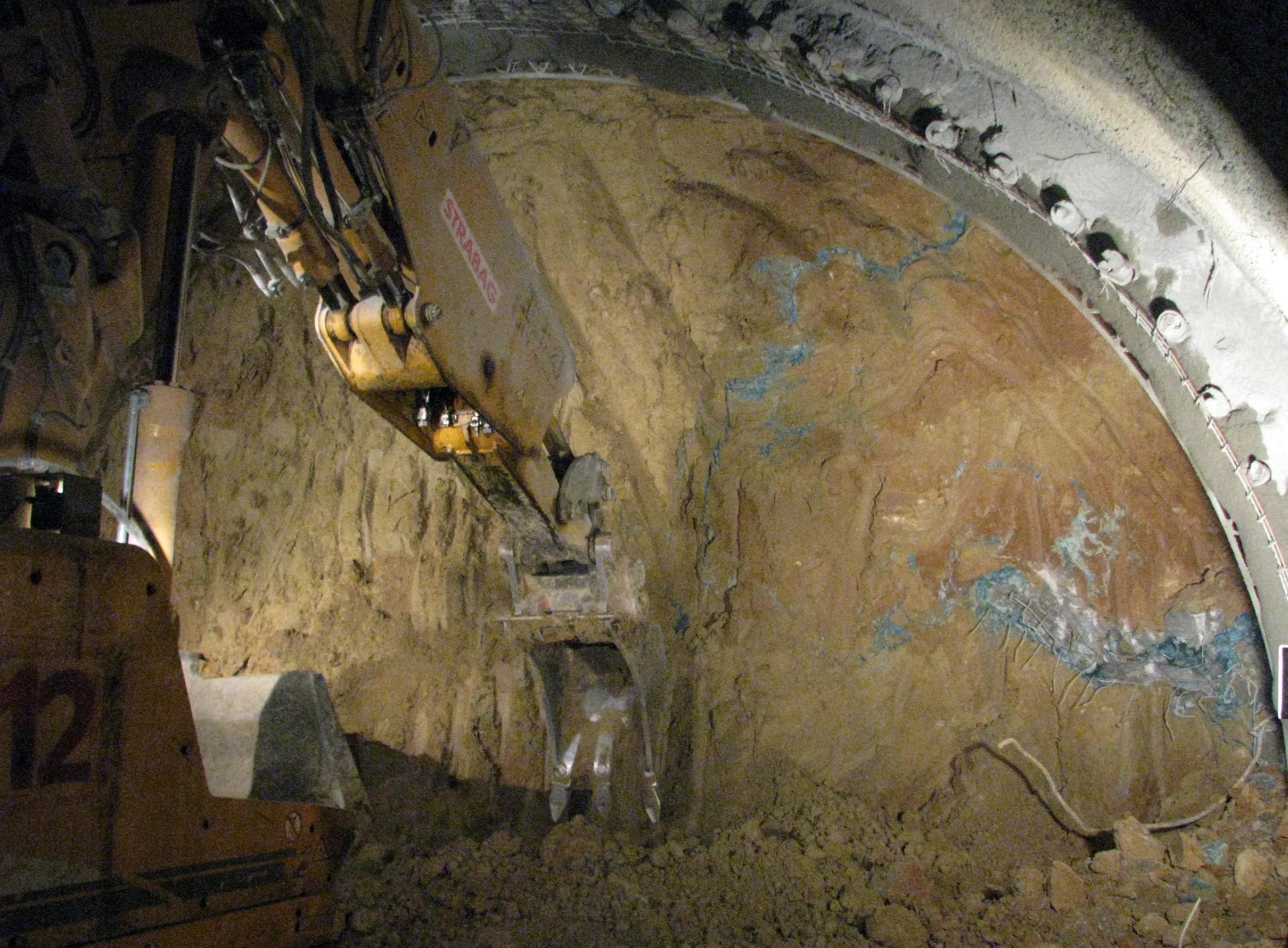Two competing consortia are due to find out tomorrow (December 20 2013) which one has won the estimated €1.2 billion (US$1.65 billion) contract to build the Comarnic-Brasov highway section in Romania.
The Vistrada Nord consortium formed of Vinci of France, Strabag of Austria and Aktor of Greece, and another consortium involving Impreglio and Salini of Italy are vying for the prized works.
The Comarnic-Brasov highway section should be completed by the end of 2016, according to Narcis Neaga, general man
December 11, 2013
Read time: 1 min
Two competing consortia are due to find out tomorrow (December 20 2013) which one has won the estimated €1.2 billion (US$1.65 billion) contract to build the Comarnic-Brasov highway section in Romania.
The Vistrada Nord consortium formed of5177 Vinci of France, 945 Strabag of Austria and 1570 Aktor of Greece, and another consortium involving Impreglio and Salini of Italy are vying for the prized works.
The Comarnic-Brasov highway section should be completed by the end of 2016, according to Narcis Neaga, general manager of the national roads and highways company2870 CNADNR. The highway project is designed to ease traffic on the National Road 1 (DN1).
The Vistrada Nord consortium formed of
The Comarnic-Brasov highway section should be completed by the end of 2016, according to Narcis Neaga, general manager of the national roads and highways company








